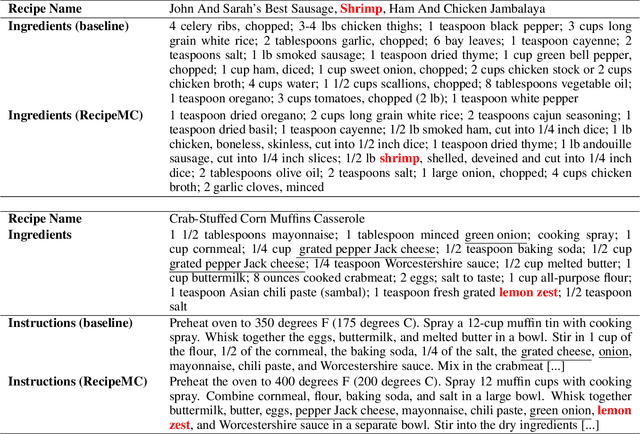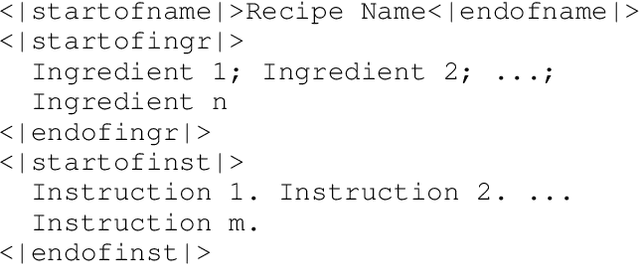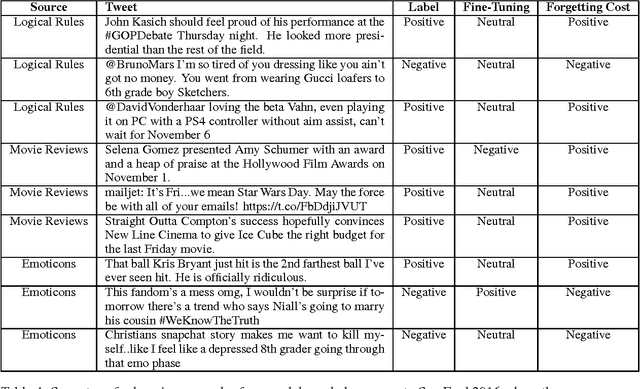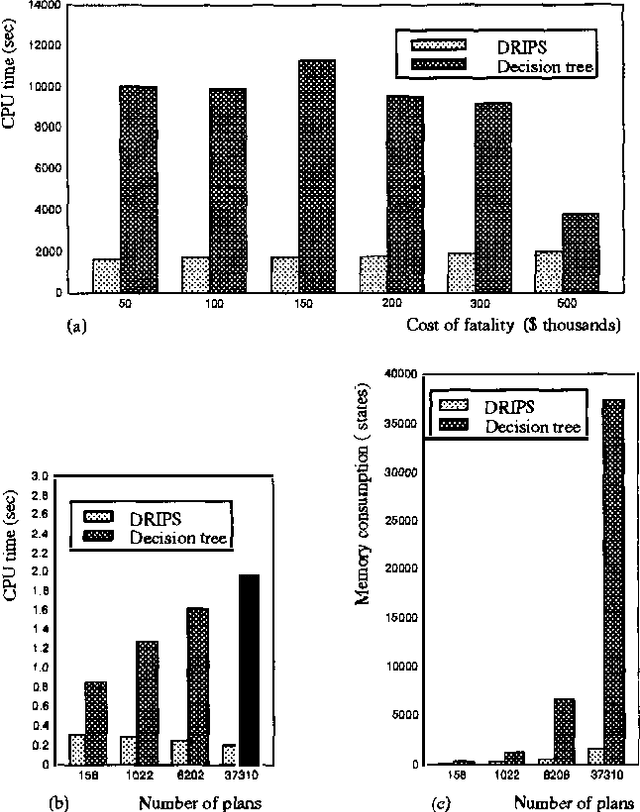Richard Goodwin
Monte Carlo Tree Search for Recipe Generation using GPT-2
Jan 10, 2024



Abstract:Automatic food recipe generation methods provide a creative tool for chefs to explore and to create new, and interesting culinary delights. Given the recent success of large language models (LLMs), they have the potential to create new recipes that can meet individual preferences, dietary constraints, and adapt to what is in your refrigerator. Existing research on using LLMs to generate recipes has shown that LLMs can be finetuned to generate realistic-sounding recipes. However, on close examination, these generated recipes often fail to meet basic requirements like including chicken as an ingredient in chicken dishes. In this paper, we propose RecipeMC, a text generation method using GPT-2 that relies on Monte Carlo Tree Search (MCTS). RecipeMC allows us to define reward functions to put soft constraints on text generation and thus improve the credibility of the generated recipes. Our results show that human evaluators prefer recipes generated with RecipeMC more often than recipes generated with other baseline methods when compared with real recipes.
Representation Stability as a Regularizer for Improved Text Analytics Transfer Learning
Apr 12, 2017



Abstract:Although neural networks are well suited for sequential transfer learning tasks, the catastrophic forgetting problem hinders proper integration of prior knowledge. In this work, we propose a solution to this problem by using a multi-task objective based on the idea of distillation and a mechanism that directly penalizes forgetting at the shared representation layer during the knowledge integration phase of training. We demonstrate our approach on a Twitter domain sentiment analysis task with sequential knowledge transfer from four related tasks. We show that our technique outperforms networks fine-tuned to the target task. Additionally, we show both through empirical evidence and examples that it does not forget useful knowledge from the source task that is forgotten during standard fine-tuning. Surprisingly, we find that first distilling a human made rule based sentiment engine into a recurrent neural network and then integrating the knowledge with the target task data leads to a substantial gain in generalization performance. Our experiments demonstrate the power of multi-source transfer techniques in practical text analytics problems when paired with distillation. In particular, for the SemEval 2016 Task 4 Subtask A (Nakov et al., 2016) dataset we surpass the state of the art established during the competition with a comparatively simple model architecture that is not even competitive when trained on only the labeled task specific data.
Efficient Decision-Theoretic Planning: Techniques and Empirical Analysis
Feb 20, 2013



Abstract:This paper discusses techniques for performing efficient decision-theoretic planning. We give an overview of the DRIPS decision-theoretic refinement planning system, which uses abstraction to efficiently identify optimal plans. We present techniques for automatically generating search control information, which can significantly improve the planner's performance. We evaluate the efficiency of DRIPS both with and without the search control rules on a complex medical planning problem and compare its performance to that of a branch-and-bound decision tree algorithm.
 Add to Chrome
Add to Chrome Add to Firefox
Add to Firefox Add to Edge
Add to Edge